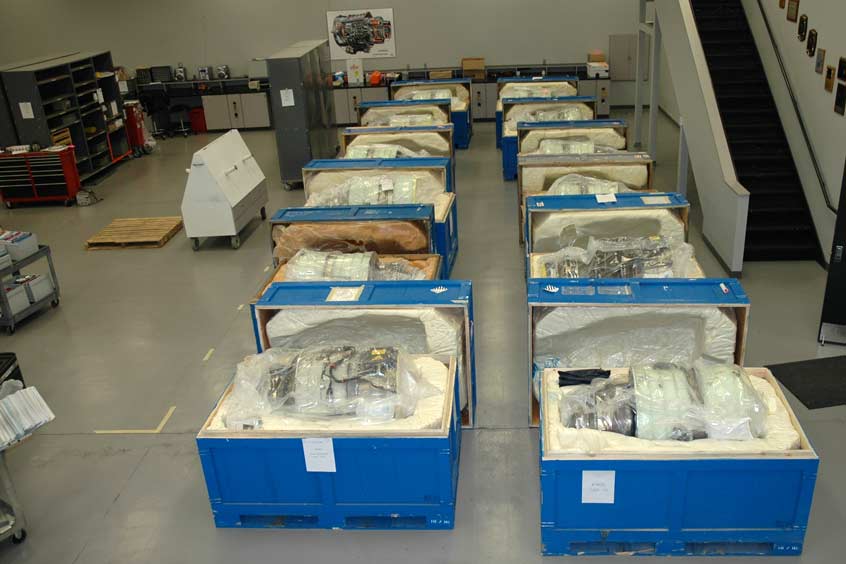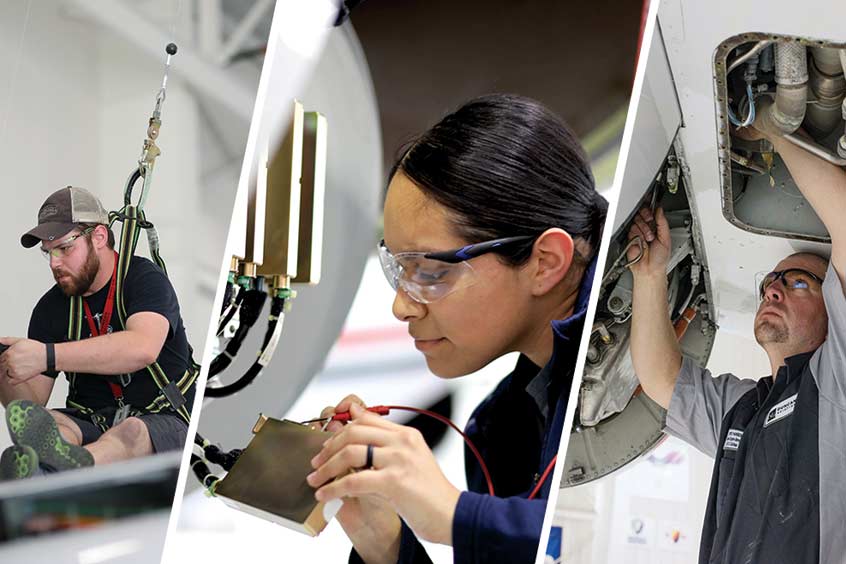ACE 2026 - The home of global charter.
 The bimonthly news publication for aviation professionals.
The bimonthly news publication for aviation professionals.



Duncan Aviation is advising flight crews to conduct engine runs a couple of days before the first scheduled flight back after COVID ground time, to allow opportunities to address each squawk. The company's engine rapid response team (RRT) network has experts strategically stationed around the US that can assist operators in getting their aircraft in flight-ready condition for when their flying activity resumes.
Duncan adds that the longer these complex machines sit idle, the more likely issues will develop, and more will be required to return them to service.
RRT assistant manager Andrew Arcuri says he is getting busier by the week: “The calls keep coming in. We are busy talking with customers and providing services where they need us.” The RRT remains very mobile and unhindered with travel restrictions. While on the road, it is committed to following all communicated safety and social distancing policies while in customer facilities.
Through the coordinated efforts of all Duncan Aviation MRO facilities in Battle Creek, Michigan, Lincoln, Nebraska, and Provo, Utah, as well as its 30 satellite avionics locations and RRT launch sites, customers can experience some of Duncan Aviation's airframe, avionics and engine services at their base hangar.
“We see more and more requests for in-house coop maintenance,” says Arcuri. “Whether airframe, avionics or engine, we are working together to become an extension of our customers' flight department maintenance teams.”
Duncan is continuing to offer its Turbine Engine Exchange Program for the Honeywell TFE731 engine giving operators of ageing aircraft more options when it comes to their engine maintenance. The programme has now been running for 15 years.
“Why would a customer consider engine exchange? It is simple economics,” says Leo Sawatzski, manager of engine acquisition and sales. “Aircraft engines have only so much life before they are no longer economically viable. Choosing to exchange the engines gives operators of older aircraft the ability to fly longer with increased safety and a reduced cost. Opting for exchange will also minimise your downtime while keeping you on schedule.”
In addition to the Honeywell TFE731-2, -3, and -5 engines, the Duncan Aviation exchange programme will source many makes and models of business aircraft engines, including Pratt & Whitney.